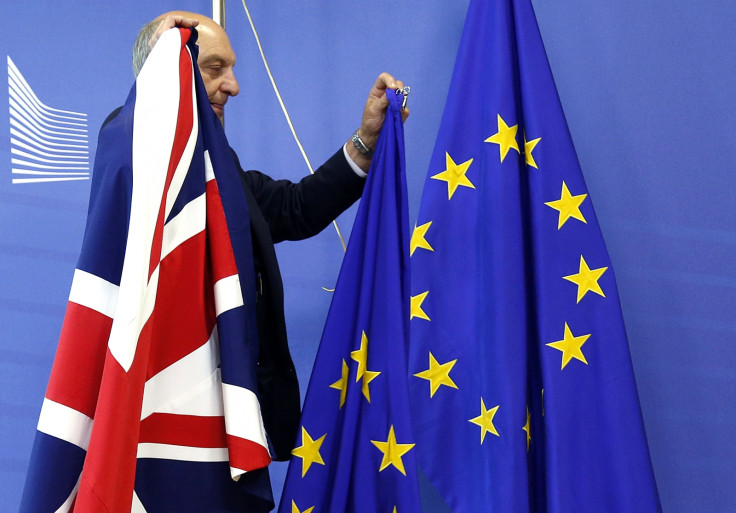Employing cheaper overseas labour makes us complicit in creating an underclass of unemployed Brits
Governments must give us tax breaks and share the benefits savings with employers.

The problem Theresa May has with her backbenchers is whether overseas students should be counted within immigration figures. "Who cares?" you may reasonably ask. The sensible approach would be simply to apply migrant status to those who choose to work here upon completion of their studies rather than return home.
But the government gave itself a target of how much to reduce immigration to 100,000 a year – a figure that has been missed for six years. Last year the number was 273,300 of which 134,000 were overseas students, so you can see the numerical jiggery-pokery on the face it has merits.
But as we often find with politicians, they are asking the wrong questions which distract them with coming up with answers that change nothing. And they change nothing because the premise is wrong – namely that we will benefit from seeing less migrants come here. It's, therefore, timely that The Migration Museum Project is getting itself a home in central London. It's just over the river from the Houses of Parliament, so it won't be too difficult for MPs and ministers to come over and educate themselves about how historically Britain has become enriched by opening up our doors.
But as an employer who has a 90% migrant workforce (including me), I have recently been troubled rather selfishly about how in the post-Brexit era we will be able to fill vacancies/open more restaurants. Secondly, with a bigger thought. Where are our obligations to unemployed Brits? There's a largely unarticulated belief that our unemployed youngsters would rather be on benefits than come to work for us, that they are lazy and unmotivated. But have we conveniently just adopted that thought to justify taking on overseas workers who are willing to work longer hours and for less pay?
If Eastern European construction workers or grape pickers are prepared to live in cramped accommodation, they will take lower salaries because their overheads are less. Is it unfair to assume that British workers have more normal (i.e. more costly) homes to maintain and therefore are simply priced out of the jobs market because they would be no better off (worse in some cases) if they came off benefits?
If there was no Brexit, no curbs on migration, our economy and much of our welfare state would benefit from much-needed labour but what we don't tend to say because it's an inconvenient truth is that this is largely much needed cheap labour. By dismissing home-grown talent as too needy, employers have helped create an underclass of Brits. A few years ago on a review of a former government initiative to get local people local jobs, I came across a family in Hove in which three generations hadn't had a job, a council estate in Manchester where not a single person had a job. You understand that these neglected citizens saw a compelling logic in their eyes for voting Leave.
Yes, of course, we should continue to welcome migrants to our shores but governments and businesses need to collaborate more on how we can afford to pay everyone a decent enough salary that local people and people from overseas can all see as a living wage. Most of us don't really understand the apprentice levy and many of us have tried apprentice schemes in the past that were a total failure and therefore turn our backs on initiatives like those to get Britain working.
But we have to try and again and we have to try harder. We need to recalibrate our commercial and financial models to make this possible. Governments must give us tax breaks and share the benefits savings with us for taking on the unemployed. Our current model is extremely short term. Nobody knows what's going to happen post-Brexit. We cannot function effectively in this series of voids. Migrants have always been welcome and propped up our culture as well as our economy to make them both successful.
But we need to share that success more fully and more fairly.
Restaurateur Iqbal Wahhab OBE is the chair of Bounce Back and mentors ex-offenders wishing to start up their own businesses.
© Copyright IBTimes 2025. All rights reserved.




















